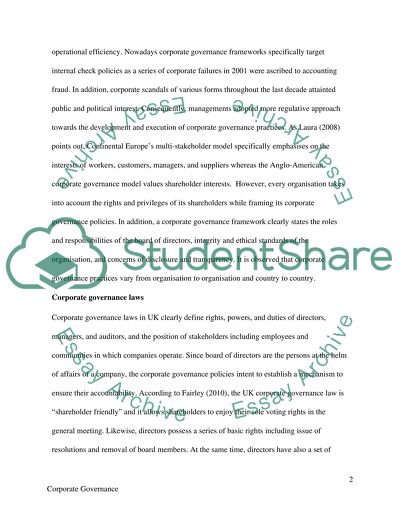Cite this document
(“Corporate Governance in UK Assignment Example | Topics and Well Written Essays - 1500 words”, n.d.)
Retrieved from https://studentshare.org/law/1393810-corporate-governance-in-uk
Retrieved from https://studentshare.org/law/1393810-corporate-governance-in-uk
(Corporate Governance in UK Assignment Example | Topics and Well Written Essays - 1500 Words)
https://studentshare.org/law/1393810-corporate-governance-in-uk.
https://studentshare.org/law/1393810-corporate-governance-in-uk.
“Corporate Governance in UK Assignment Example | Topics and Well Written Essays - 1500 Words”, n.d. https://studentshare.org/law/1393810-corporate-governance-in-uk.


